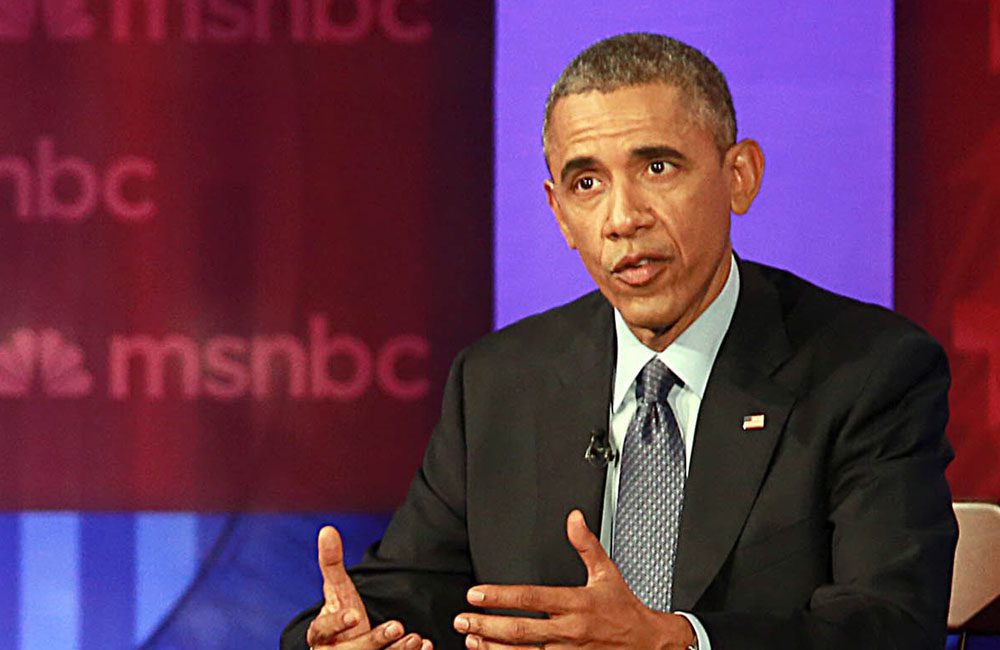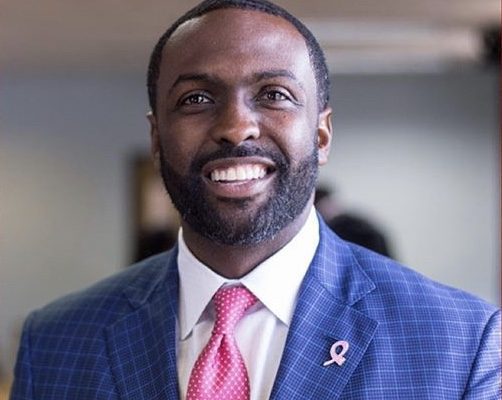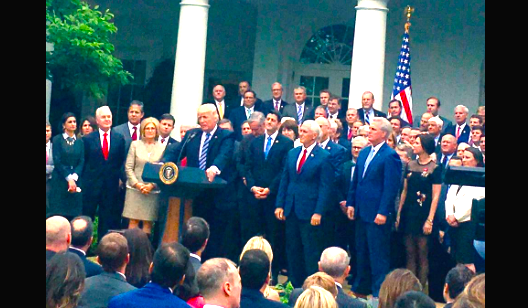
Continuing to battle the effects of overzealous sentencing laws, President Barack Obama has commuted the sentences of 58 drug offenders. This now brings the total number of pardons issued by Obama to more than 306 people. That includes 110 people who were facing life sentences. President Obama is quoted as saying, “It just doesn’t make sense to require a nonviolent drug offender to serve 20 years, or in some cases, life, in prison. An excessive punishment like that doesn’t fit the crime. It’s not serving taxpayers, and it’s not making us safer. As a country, we have to make sure that those who take responsibility for their mistakes are able to transition back to their communities. It’s the right thing to do. It’s the smart thing to do. And it’s something I will keep working to do as long as I hold this office.”
Reportedly, 57 of the people Obama pardoned yesterday are non-violent offenders and he gave examples of the success of past prisoners whose sentences were commuted by other Presidents including George W. Bush. With President Obama’s actions this week, the number of commutations surpasses the records of the last six Presidents combined. Many of the sentences for these federal prisoners were affected by the mandatory minimum sentencing provisions of the Criminal Justice Act of 2003. In 2014, the Justice Department, realizing the unfair nature of the law, revamped the clemency process encouraging more applications from federal prisoners, especially those prisoners who were convicted of non-violent crimes, and had served at least 10 years of their sentence and exhibited model prisoner behavior.
Deputy Attorney General Sally Yates stated, “As a result of the President’s actions today, 58 more individuals, 18 of whom had been sentenced to life in prison, have been granted a second chance to lead productive and law-abiding lives. Our clemency work is continuing as part of our broader efforts to effectuate criminal justice reform and ensure fairness and proportionality in sentencing. That includes supporting the bipartisan efforts in Congress to pass criminal justice reform legislation, working with the U.S. Sentencing Commission, and continuing the department’s successful Smart on Crime initiative.”














